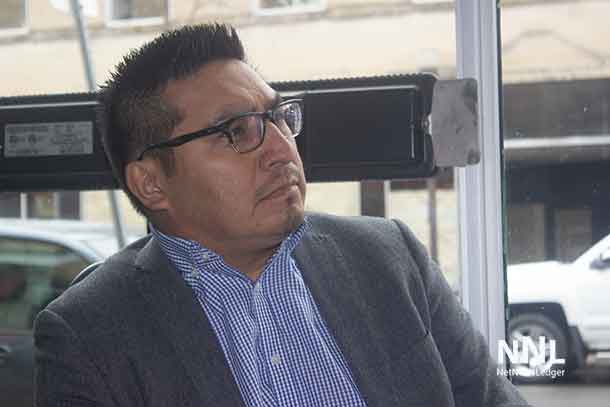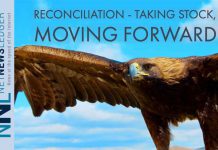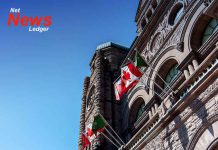
We must embrace who we are as Canadians, the values that set us apart from the rest of the world
By Gerry Chidiac
PRINCE GEORGE – OPINION – “Sometimes the medicine we need most comes from remembering who we were so we can reconcile it against who we wish to become,” writes Canadian poet Shane Koyczan.
As we study the residential school system and its impact, it’s very important to remember that it wasn’t the fault of 21st century Canadians. It’s a part of our history and very few who committed the crimes are still alive.
The wounds of these injustices, however, continue to impact all of us.
Years of forcibly removing small children from their families and placing them in cold institutions rife with many forms of abuse resulted in trauma and the loss of parenting skills. It nearly destroyed a way of life that had been functioning for thousands of years.
Social statistics reflect the long-term impact of these schools. We’re dealing with higher rates of substance abuse, mental illness, violence and incarceration; we also see much lower rates of education and income among our Indigenous populations.
These are reflections of injustice and wounds that need to be healed in order to make Canada the honest, compassionate and caring country that we like to tell the world about.
Many of our families were not even a part of this country when the worst of these crimes occurred. Even the descendants of Duncan Campbell Scott, the Confederation Poet and government official who advocated “the final solution of our Indian problem,” can’t be blamed.
Yet all Canadians today bear the responsibility for our state of affairs and the need to move forward as a people.
Where does the healing process even begin?
Perhaps it begins by embracing who we are as Canadians. We pride ourselves in being honest. Reconciliation begins with truth – but truth can make us uncomfortable.
Many of us were shocked by the Oka Crisis in 1990. Roads were blockaded, protests turned violent and the army was called out to prevent further conflict. As a community near Montreal tried to expand its golf course, the Mohawk people pushed back and said, “No more!”
How had we come to this?
Unearthing the response to this question was the work of the Royal Commission on Aboriginal Peoples. Its 1996 report noted that education was key in helping us to move forward.
It’s encouraging to see changes in Canadian curriculum. Many people are working to bring to light the dark pages of our history.
It’s not hard to connect the dots, to understand the problems that exist in our country and where they come from. What’s far more challenging is to map out the way toward healing and a just society.
This is even more difficult because we’re breaking new ground. While the world is becoming aware of the wounds of colonialism and their impact on current generations, very few have moved beyond this point.
Perhaps the answer, however, is not to have a map, perhaps it’s simply to know where we want to go.
As Canadians, we profess to value integrity, equality, education, good health, compassion, diversity and the opportunity for each person to achieve their greatest potential. We believe that by embracing these values we make our country great, a place that we’re proud to call home.
By embracing our values and looking with gratitude toward the people who welcomed the rest of us to this beautiful land, we’ll find the way forward. It may be bumpy and there may be detours, but we’ll find the way.
We’ll have to rely on our children to complete the journey for us. But one day, our descendants will look back upon us and say: “Those are the people who make us proud to be Canadian.”
Gerry Chidiac is an award-winning high school teacher specializing in languages, genocide studies and work with at-risk students.
© Troy Media
The views, opinions and positions expressed by all columnists and contributors are the author’s alone. They do not inherently or expressly reflect the views, opinions and/or positions of NetNewsLedger.






